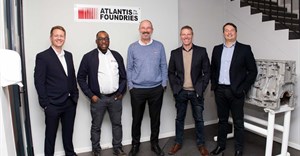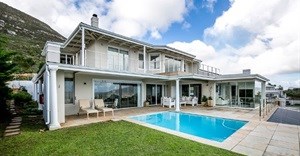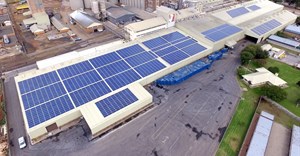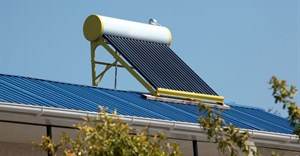
Is South Africa ready to go off-grid?

“When you look at those numbers, it’s no surprise that so many people are talking about going off-grid,” says Manie de Waal, joint-CEO of the Energy Partners Group. He adds that another contributing factor is the high cost of energy. Eskom’s continuous tariff hikes are placing severe pressure on South African companies. And we can expect 10% - 15% increases over the next three years. Surely it would be better to go off-grid – or would it?
He explains that there are two energy problems facing businesses that quickly lead to the notion of “going off-grid”. To be clear: “off-grid” means absolutely no connection to the electricity grid of South Africa.
The first of these challenges is the direct impact of the rising cost of electricity. “The solution to cost control is definitely not to go off-grid. Simply put, any off-grid solution will in fact increase any current cost of electricity supplied by Eskom.”
The most effective measure (after energy efficiency measures have been exhausted) to maximise cost control is to install an embedded (on-site) photovoltaic (PV) system to generate solar power for the business. At the current cost of grid-supplied electricity, a rooftop solar generation system is an excellent investment. The benefits of these systems are obtainable without any capital investment through a power purchase agreement (PPA). A PPA agreement offers solar power generated at discounts of up to 50% of the grid supply price.
Security of supply
The second issue, according to De Waal, is one of reliability, or security of supply (due to load shedding) and has indirect cost implications through loss of production and productivity. “Reliability issues are not addressed by a solar system on its own - when the Eskom or municipal grid is down, solar production also stops in its entirety.”
“This is one of the biggest misconceptions regarding solar systems - that they keep producing when the grid is down. For that to happen, you have to integrate the solar system with alternative backup systems like battery energy storage systems (BESS) or a generator.”
For a complete off-grid solution, one would need to install a solar system (for which a considerable amount of space is required) as well as a BESS or generator. Such complete off-grid systems are prohibitively expensive to implement when compared to the current cost of Eskom electricity. In many cases it is simply impossible due to the space required to accommodate a large enough solar system.
Outsourcing solutions
De Waal says that outsourcing solutions to the above challenges is quickly gaining adoption in the commercial and industrial space where solar systems, BESS and generators are combined in an optimal manner under PPAs. This has the client not investing any capital and solving both cost issues as well as security of supply.
So, is South Africa ready to go off-grid? No, says De Waal. “Going off-grid is the biggest misconception of the South African energy industry – it simply isn’t feasible. But, becoming less dependent on the grid, getting through load shedding with fewer operational disruptions and benefitting from significant cost savings – that is possible and feasible.
“Companies should be exploring ways to maximise embedded energy generation and storage capability to work better with the grid,” concludes De Waal.














